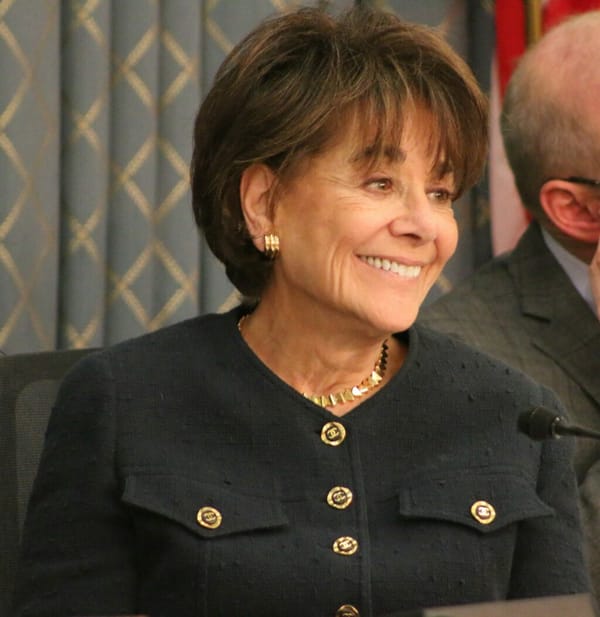
Jessica Rosenworcel
Letter of Credit Coalition, FCC Proposes Higher Speed Threshold, Domestic Semiconductor Bill
The NTIA’s BEAD program requires grant recipients to provide a letter of credit.

Jessica Rosenworcel
The NTIA’s BEAD program requires grant recipients to provide a letter of credit.
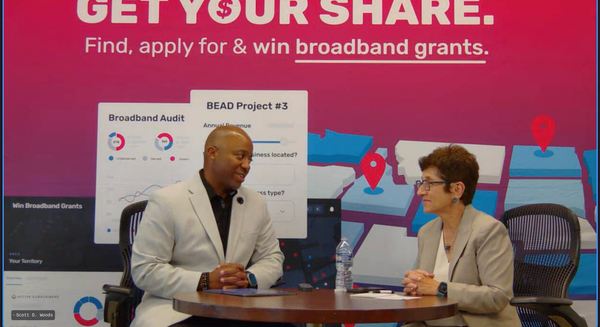
Community Broadband
It’s unclear how BEAD funds will interact with state laws restricting municipal broadband projects.
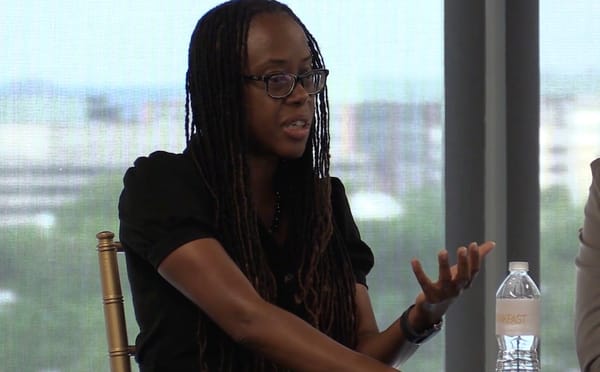
Funding
Virginia is waiting for data on the number of unserved and underserved locations in the state.
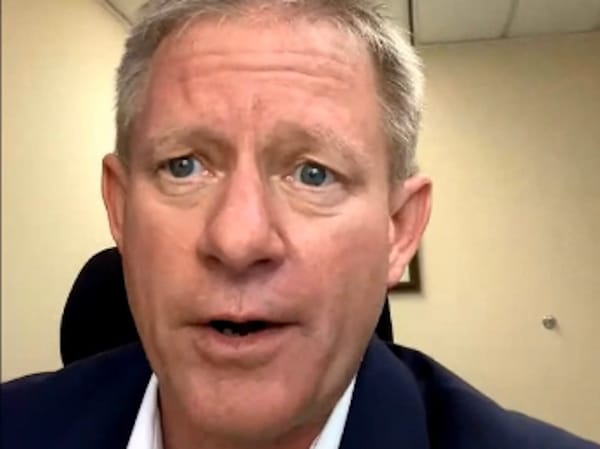
Broadband Mapping and Data
South Carolina performs mapping audits to hold ISPs accountable for coverage claims.
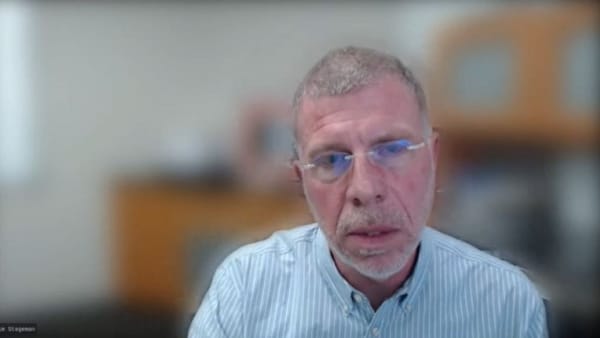
Broadband Mapping and Data
Fabric data will continue to improve with feedback implementation and process changes, said CostQuest CEO.
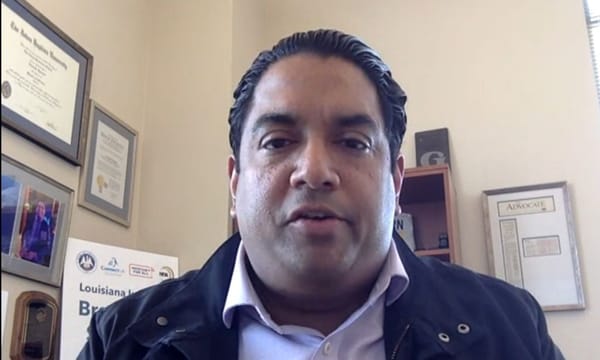
Broadband Mapping and Data
State broadband offices are tasked with outlining their challenge processes amid other concerns.
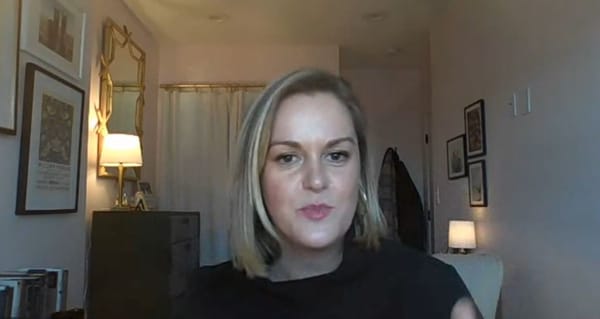
Digital Inclusion
By working with existing entities like utilities, states can establish more effective state offices.
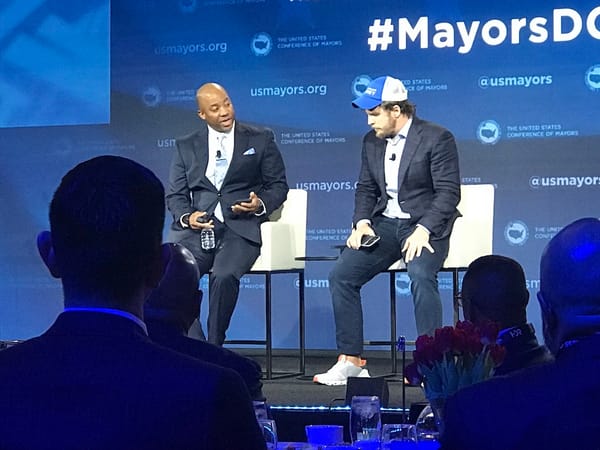
Funding
Time is running out to have cities’ voices heard at state broadband roundtables.
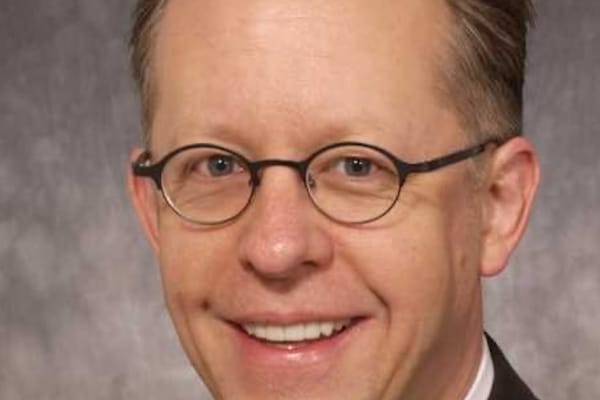
Broadband Mapping and Data
Commercial mapping products are emerging as complementary resources for both industry and government players.

BEAD
To correct for inevitable errors, the FCC is soliciting challenges to the map’s provider-submitted data.
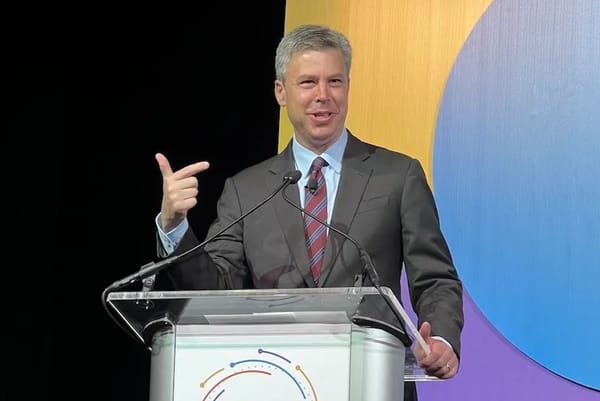
Broadband's Impact
Almost all of Berke’s work seems to be about making a difference for higher-quality broadband.
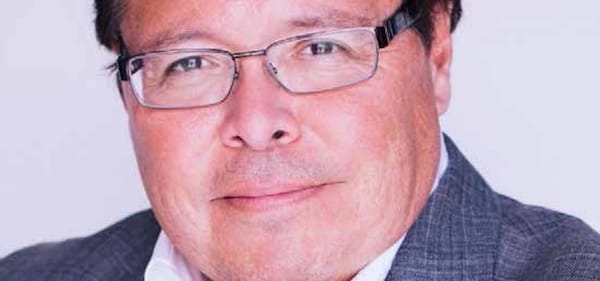
The FCC approved 13 coordination systems allowing for the testing of unlicensed devices on the 6 GigaHertz band.
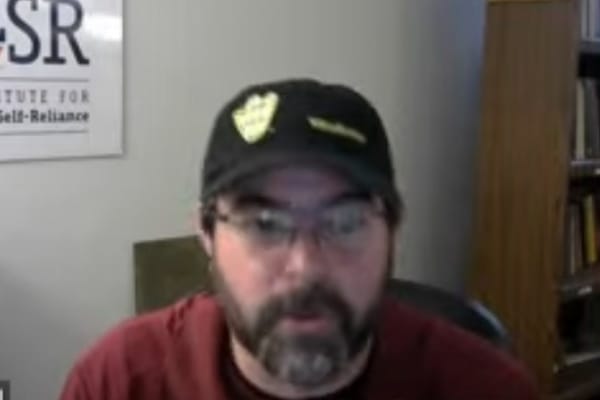
Open Access
The conversation dealt with open access networks, and whether cities are well-suited to play a role in developing them.
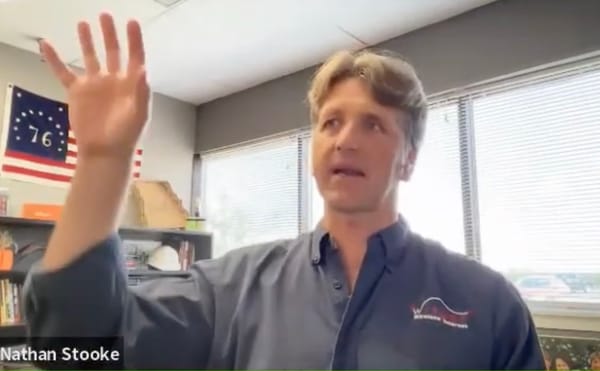
WISP
Wisper CEO Nathan Stooke said the attitude to connect more Americans should be to let the “best technology win.”
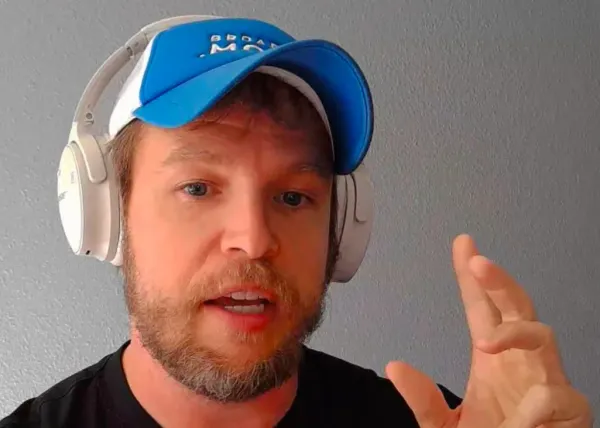
T-Mobile is being sued over an ad that said AT&T only gives discounts to seniors in Florida.
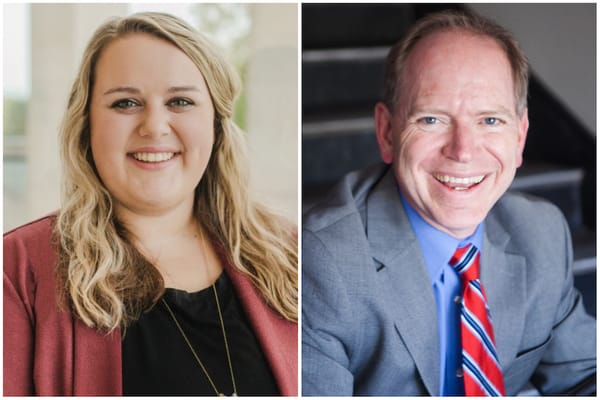
Broadband Live
In Tennessee, we’ll see what the Volunteer state is doing to bring a plan together on broadband policy.